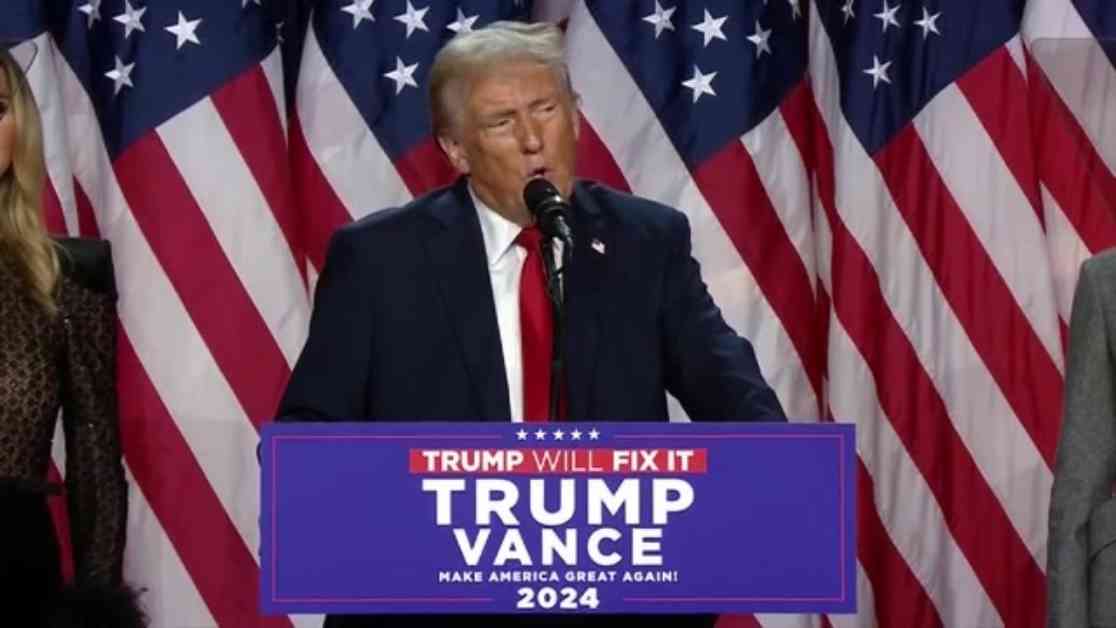Trump Seeks Dismissal of Georgia Election Case, Citing Presidential Immunity
President-elect Donald Trump is attempting to have the Georgia election interference case against him dismissed, arguing that the state’s courts lack jurisdiction once he returns to the White House next month.
President-elect Donald Trump is facing legal challenges in Georgia as he seeks to have the election interference case against him dismissed. Trump’s lawyers have filed a notice with the Georgia Court of Appeals asserting that a sitting president is immune from indictment or any criminal process, both state and federal. The case against Trump and others is currently on hold pending a pretrial appeal, with defense attorneys claiming a conflict of interest on the prosecutor’s part.
Former Trump campaign lawyer Kenneth Chesebro, who pleaded guilty in the case, has also requested the trial court judge to invalidate his plea. The Georgia case, originally involving 19 defendants and numerous charges, is one of four criminal cases against Trump. The U.S. Department of Justice recently withdrew federal cases against Trump, citing policies that shield a sitting president from indictment.
Trump’s Legal Battles Continue
Trump is also facing legal challenges in Manhattan, where he is seeking to have his conviction in a hush money case thrown out. The ongoing legal battles have raised questions about the implications for the institution of the Presidency. Despite these challenges, Trump remains steadfast in his fight against the charges brought against him.
Conflict of Interest Allegations
The Georgia case has been marred by allegations of conflict of interest, with Trump and other defendants seeking to have the prosecutor removed due to a romantic relationship with a special prosecutor appointed to lead the case. While the relationship occurred after the special prosecutor was hired and ended before the indictment was filed, concerns about bias and conflict of interest persist.
Chesebro’s Legal Saga
Chesebro, a key figure in the Georgia case, pleaded guilty to a conspiracy charge and later sought to have his plea invalidated. His defense attorney argues that Chesebro’s constitutional rights were violated by pleading guilty to a charge that does not constitute a crime. The legal wrangling surrounding Chesebro’s plea adds another layer of complexity to an already convoluted case.
In conclusion, Trump’s legal battles in Georgia and beyond continue to unfold, with implications for the future of the Presidency and the rule of law in the United States. As the legal proceedings progress, the outcome remains uncertain, but the impact of these cases on Trump’s legacy and the broader political landscape is undeniable.


